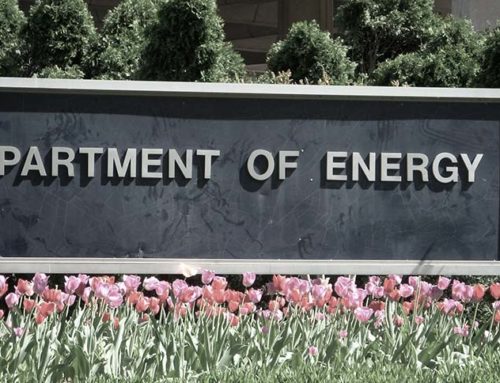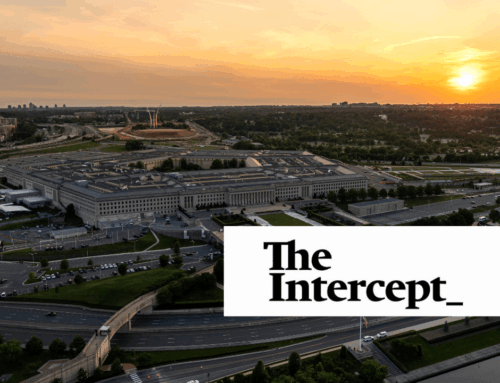Congress is poised to authorize a blank check for U.S. military action against Iraq without any financial commitment from our allies, a move that will guarantee budget deficits for years to come.
Iraq may be one of the hottest, most talked about issues in the nation at present, but the economic impact of invading without international support has been conspicuously absent from the public debate. The cost of war is a critically important issue that must be weighed against the level of national security risk.
Widespread uncertainty exists over the total costs of an invasion, but even lowball estimates should give lawmakers sticker shock. U.S. taxpayers may stand to foot the entire $40 – $200 billion bill for the execution of the war and subsequent peacekeeping and rebuilding efforts.
In light of the new $145 billion budget deficit, any major new spending by the federal government is likely to have long-lasting negative effects on the economy.
To put the estimated costs into perspective, the Gulf War cost $80 billion (in today's dollars), but 80% of those costs were borne by international allies. This time it appears that allies will be much harder to come by. Both Germany and Saudi Arabia contributed significantly to the cost of the Gulf War, but each have strongly indicated opposition to the Bush administration's current plans to invade Iraq. The U.S. does not have a current ally which has made a financial commitment to back our war efforts.
Without international support for an invasion, there will be even less of an obligation for other countries to pay for a portion of the costs of peacekeeping and subsequent rebuilding. That would place responsibility for picking up the pieces after a U.S. invasion squarely on the shoulders of the U.S. taxpayers, which currently faces a mountain of budgetary red ink. Initial estimates have put the rebuilding costs at $10-$20 billion per year, which, according to some estimates, could cost more than $150 billion for the whole effort.
A full-blown war against Iraq is sure to generate astronomical costs to American taxpayers, as public and private economic sectors are certain to be rocked by an unrestrained war effort. Any U.S.-led Middle-Eastern incursion will cause volatility in both the U.S. and international economic markets due to disruption in oil production and losses in investor confidence. Such changes could lead to economic instability – including recession – reminiscent of the Gulf War. The oil embargo of the 1970's and 1980's, which was partially a backlash to America's policies in the Middle East, resulted in the loss of 500,000 American jobs.
While there is little dispute over the need for a combination of diplomatic and coercive actions to dismantle Iraqi weapons production capabilities, the Bush administration should temper its interest in invasion with its fiscal responsibilities to American taxpayers.
Many lawmakers feel uncomfortable authorizing military action based on incomplete information. Taxpayers should also be wary of a rash judgment to launch a war without knowing the full costs – to life, our economy, and our international reputation.
As such, it is essential that Congress and the Bush administration exhaust all possible options before launching a unilateral invasion. Don't get us wrong, Saddam must be stopped. But Congress needs to ask why President Bush is the only world leader willing to pay for it.










